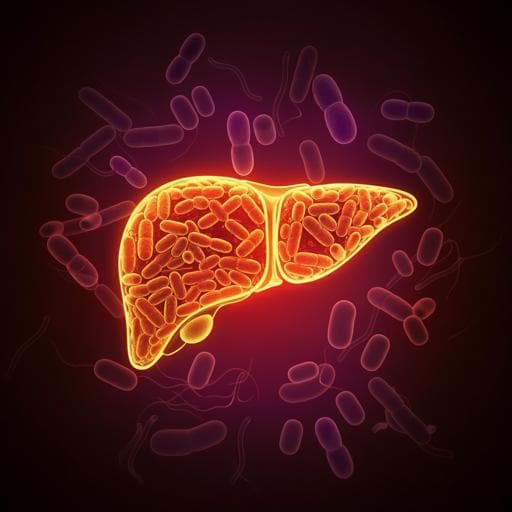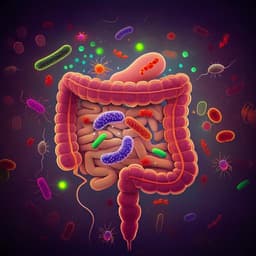
Veterinary Science
Consumption of a high energy density diet triggers microbiota dysbiosis, hepatic lipidosis, and microglia activation in the nucleus of the solitary tract in rats
D. M. Minaya, A. Turlej, et al.
This groundbreaking research conducted by Dulce M. Minaya and colleagues reveals that consumption of high energy density diets leads to significant changes in body composition, gut microbiome, and systemic inflammation in rats. Discover the early responses of microbiota dysbiosis and how these contribute to liver fat accumulation and brain microglia activation over the course of 26 weeks.
Related Publications
Explore these studies to deepen your understanding of the subject.







